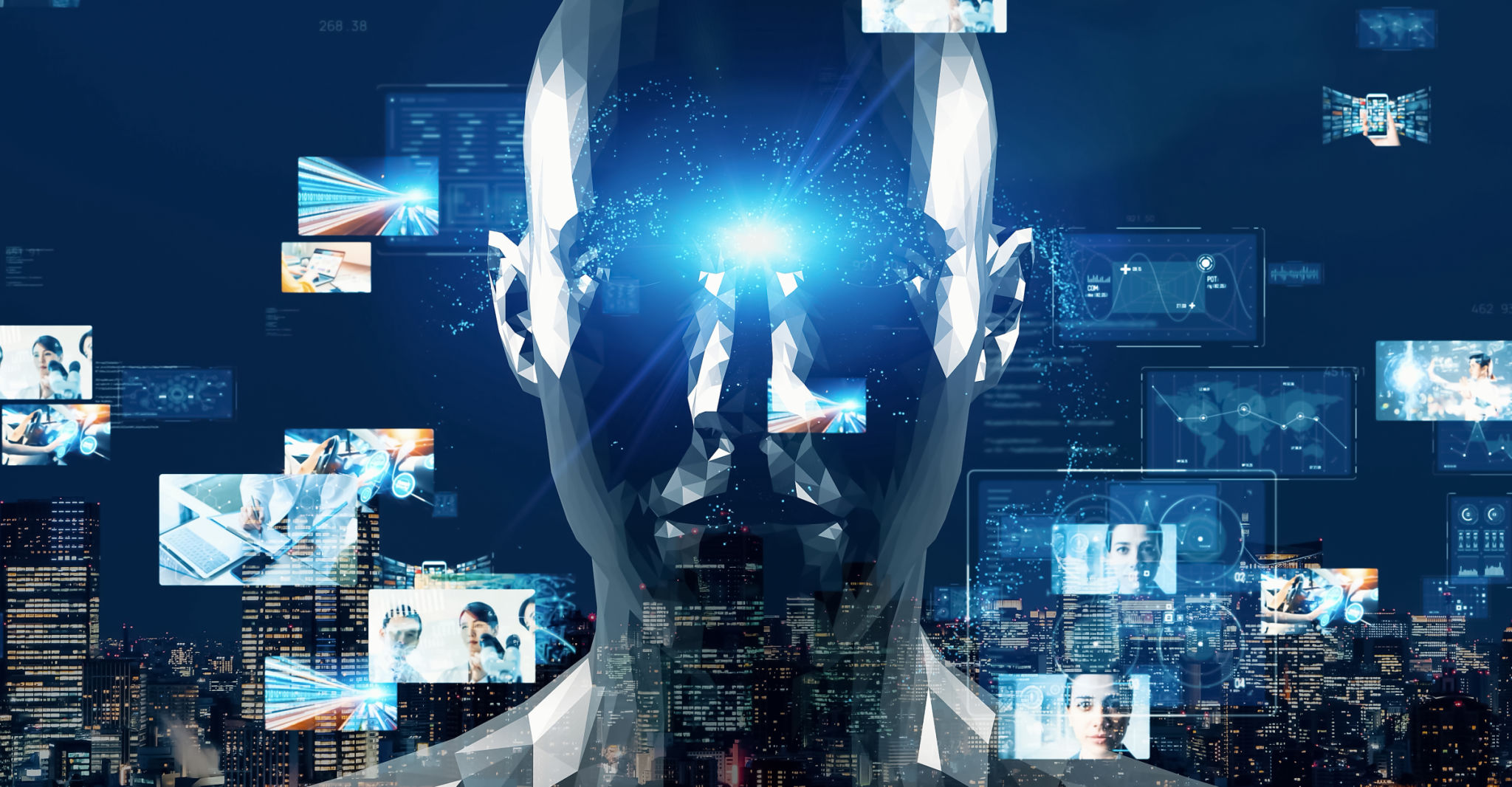The Future of Influencer Marketing: AI Virtual Influencers Explained
Introduction to AI Virtual Influencers
The influencer marketing landscape is rapidly evolving, with artificial intelligence (AI) playing a pivotal role in shaping its future. One of the most intriguing developments is the rise of AI virtual influencers. These computer-generated personas are making waves in the digital world, offering brands a unique and innovative way to engage with their audience.
Unlike traditional influencers, AI virtual influencers are entirely digital creations, often designed to mimic human behavior and appearance. This new breed of influencer can interact with followers, endorse products, and even create content, all without a physical presence.

How AI Virtual Influencers Work
AI virtual influencers are crafted using sophisticated algorithms and technologies such as machine learning and computer-generated imagery (CGI). These technologies enable them to exhibit human-like expressions, emotions, and personalities, making their interactions appear more authentic to their audience.
One of the key advantages of AI virtual influencers is their ability to operate 24/7 without the limitations that human influencers face. They can be programmed to produce content consistently, maintain a specific brand image, and engage with users across multiple platforms simultaneously.
The Benefits for Brands
Brands are increasingly turning to AI virtual influencers for several reasons. First and foremost, these digital personas offer complete control over their image and messaging. Brands can ensure that their values and missions are consistently represented without the risk of human error or controversy.
Additionally, AI virtual influencers can be tailored to target specific demographics, ensuring that the brand's message reaches the intended audience more effectively. This precision targeting can lead to higher engagement rates and a better return on investment for marketing campaigns.

The Ethical Considerations
While AI virtual influencers present exciting opportunities, they also raise ethical questions. Transparency is a significant concern, as followers may not always be aware that they are interacting with a computer-generated entity. It is crucial for brands to disclose when they are using AI influencers to maintain trust with their audience.
Furthermore, there are discussions around the impact of these digital personas on human influencers. As AI technology continues to advance, it's essential to consider how it will affect the job market and the livelihoods of traditional influencers.
The Future of Influencer Marketing
The integration of AI into influencer marketing is only just beginning. As technology continues to evolve, we can expect AI virtual influencers to become more sophisticated and widespread. This shift will likely lead to new forms of content creation and engagement strategies that we have yet to imagine.
Brands that embrace these advancements early on may find themselves at the forefront of innovative marketing strategies, gaining a competitive edge in an ever-changing digital landscape.

Conclusion
In conclusion, AI virtual influencers represent a fascinating intersection of technology and marketing. They offer brands new avenues for engagement while posing unique challenges and ethical considerations. As we look to the future, it's clear that AI will continue to play a significant role in shaping the influencer marketing industry.
For businesses seeking to stay ahead of the curve, exploring the potential of AI virtual influencers could be a game-changing decision. By understanding both the benefits and challenges, brands can leverage this technology to create compelling and impactful marketing campaigns.